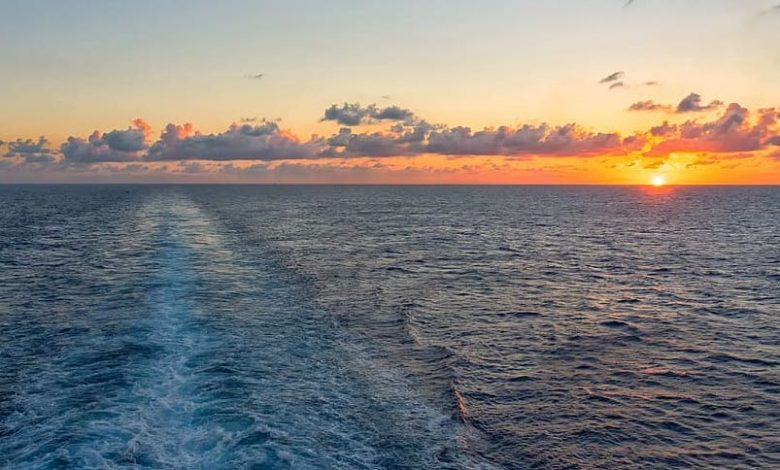Maritime CEO
Fobas: Bunker debate set to become more polarised

Singapore: For all the talk of LNG as the saviour fuel for shipowners chastened by likely regulatory pressures, not everyone is convinced it is the answer. Douglas Raitt, global manager for bunker and engine performance consultancy, Fobas, is among those questioning the likelihood of the cooled gas powering ships anytime. Fobas is part of British classification society Lloyd’s Register (LR).
“The bunker industry as we know it will continue for longer than people expect,” Raitt says, adding: “LNG will only ever be for a small percentage of owners.”
Raitt has greater hope for methanol, an energy source that has not had the same media exposure as LNG as a ship fuel, but one he maintains is “attractive” on price, technology and from an infrastructute point of view. “Methanol, from a face value point of view, is more compelling than LNG,” Raitt reckons.
The Fobas boss warns: “The debate on bunkers will become more polarised in the coming two to three years.”
Raitt’s feelings about LNG as a ship fuel echo the sentiments our parent company heard when hosting an Eco-Dollars Business Breakfast last October in Singapore, sponsored by LR and consultants Ideocean.
Iain Wilson, regional marine manager for Lloyd’s Register Asia, said at the event: “It is all driven by the price of bunker gas. The problem at the moment there is not a global mechanism to monitor that pricing so there are too many unknowns at the moment. It is down to economics.
Wilson said gas acceptance would be largely driven by regulations and the ECAs, but it will not be a single solution to the green conundrums facing the industry.
Manish Singh, group managing director, Ideocean Holdings questioned how long it would take to get the supply chain aspects of LNG into place. “Predictable supply of LNG will be an issue,” he noted.
What concerned Wilson more was the lack of global standards and regulations for LNG as a fuel, whether it be for ship to ship transfers, defining the exclusion zones. “There is a lot of procedural things that need to be done as well as the training qualifications,” he said, musing: “Will you need a gas-qualified engineer onboard?”
Another big problem, Ideocean’s Singh pointed out was the practical implications of bunker gas storage onboard. “Gas will take three or four more times as conventional fuel holds.”
In a report published by Lloyd’s Register at the end of August last year, the British classification society said global acceptance of LNG as a marine fuel will depend on pricing. [22/04/13]
